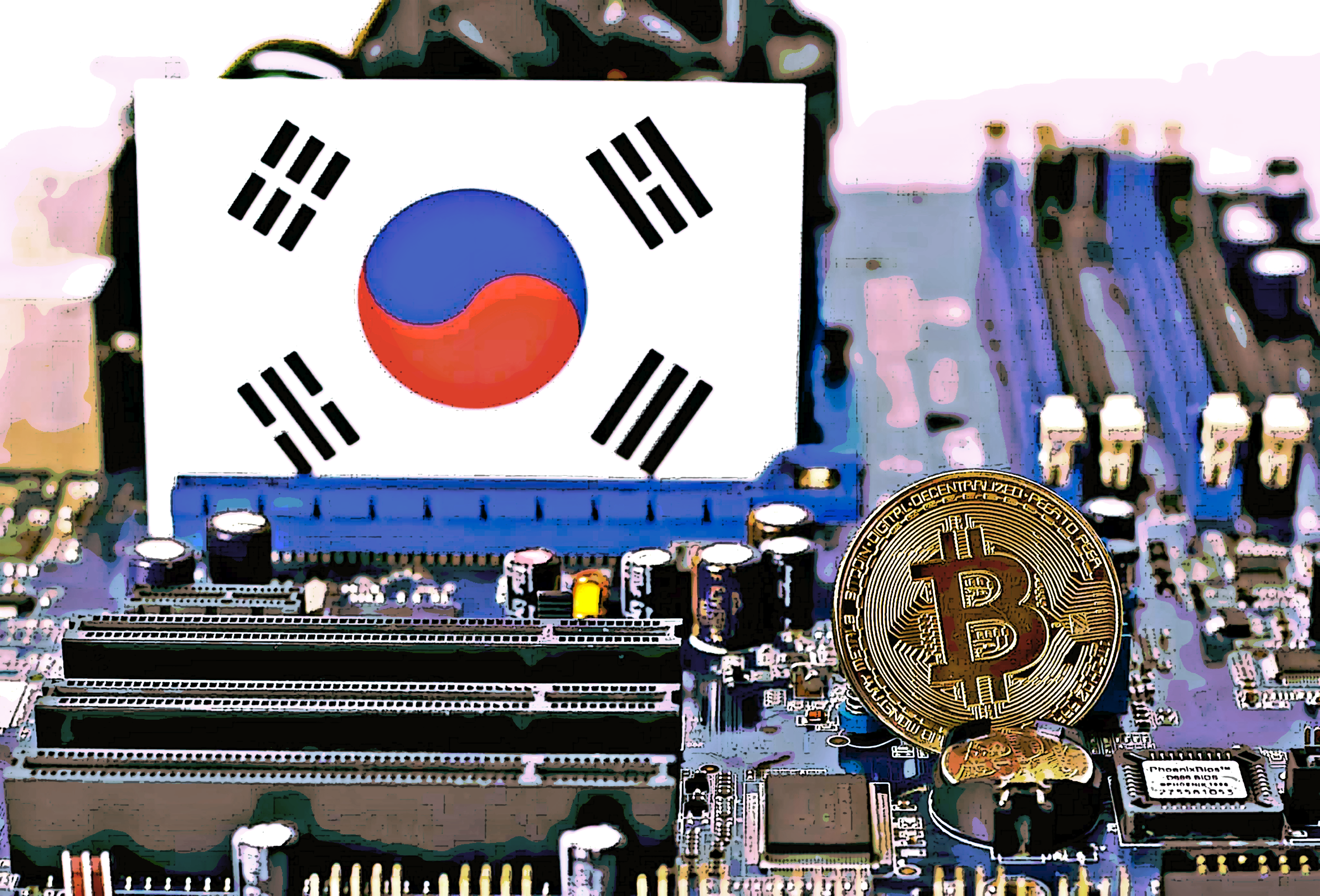South Korea’s Financial Supervisory Commission, the nation’s financial watchdog, has deemed bitcoin and other cryptocurrencies to be a “high-risk asset” — a ruling that could severely dampen the nascent decentralized finance industry in the country, but not necessarily kill it.
Decentralized finance (DeFi) is an industry that attempts to replace the usual functions of the traditional banking and finance sector with alternatives powered by blockchain technology. Just as the traditional financial sector offers a plethora of different products, DeFi is also varied with firms trying to disrupt all parts of the stack. With this has come a burgeoning credit industry, where people can receive a loan in fiat currency while posting bitcoin or other cryptocurrency as collateral. The platform crowdfunds their pool of fiat capital from investors, much like any P2P lending platform. Arguably, this has become the largest segment of the industry for the simple reason that it offers a tax-efficient, or even tax-free way to cash out bitcoin and other crypto in exchange for fiat currency.
See related article: How the FATF’s travel rule could push cryptocurrency into the mainstream
When an individual sells their holdings in bitcoin or other cryptocurrency, it’s considered a taxable event. In most jurisdictions, save for a few, this would create capital gains for the trader and lead to a potential hefty tax bill come the end of the tax year. In the United States, the IRS considers every crypto trade to be a taxable event regardless whether an off-ramp to fiat is involved. However, in many jurisdictions, loans aren’t taxable. If a trader wants to sell bitcoin to buy an alternative investment, they can get a loan against part of their crypto portfolio to buy into that investment instead of cashing out (taxable) and buying back in.
The other inherent issue is the volatility of the cryptocurrency market. These balance sheets of these services would have assets denominated in fiat currency, which might have fluctuations in the single digits every month, but liabilities in bitcoin and other crypto, which are notorious for their violent price swings that sometimes can go up or down in the double digits on the same day. It’s very likely that the platform could be in a situation where its balance sheet fiat currency debt is worth far more than its assets, which would mean that investors lose out.
Forcing the government’s hand
This isn’t the end of the DeFi industry within Korea. The ruling, which would take effect on August 27 this year, would affect only a certain segment of it — the credit industry — and for perhaps good reason. Authorities are concerned about the crypto loan sector because of its ability to be used as a tool of tax evasion as well as a risk to retail investors.
However, this will won’t be the end of the DeFi credit industry in Korea. The new law would affect only firms that have a fiat off-ramp. MakerDAO, for instance, uses crypto collateral only to lend out more crypto and would not fall under this ruling.
Local stakeholders tend to agree. Andi Ji, the co-founder of the Ontology Network, an enterprise-focused blockchain project working closely with the open-source platform Neo, praised Korean authorities for taking swift action and said that moves like this would push blockchain technology and cryptocurrency trading closer to the mainstream.
“Regulators are needed if we are to clamp down on illicit activity and this legislation will likely set the wheels in motion for several changes to occur in the future,” Ji told Forkast.News. “From a local government perspective, this framework will help encourage more regulatory-friendly policies to be made in favor of the safe trading of crypto assets. For the Virtual Asset Service Providers (VASPs), exchanges may attempt to consolidate by raising funds or going global in the long term.”
Of course, there’s also the nature of geography and corporate domiciles. If the Korean DeFi industry insists on continuing to loan out fiat currency backed by crypto such as bitcoin, it could simply move its country of incorporation to a flag of convenience where such enterprises are not prohibited.
Recall that China has a strongly enforced blanket ban on exchanges that buy and sell bitcoin and other cryptocurrency. Yet exchanges like OKEx and Huobi — which largely employ Chinese nationals, have a sizable office in China and target Chinese nationals for their respective user base — operate without prohibition simply because the corporations are domiciled elsewhere. OKEx continues to do business in China because it is headquartered in Malta and not technically a company within China’s legal jurisdiction. Same for Huobi, which is headquartered in Singapore.
Just don’t be surprised if there will soon be Singaporean, Maltease or other national flags adorning corporate documents out of the DeFi community in South Korea. If anyone was to ask, Huobi calls the Lion City and OKEx calls a small archipelago in the Mediterranean Sea home. Not China. The same could happen to companies anywhere else in the world, including South Korea.

